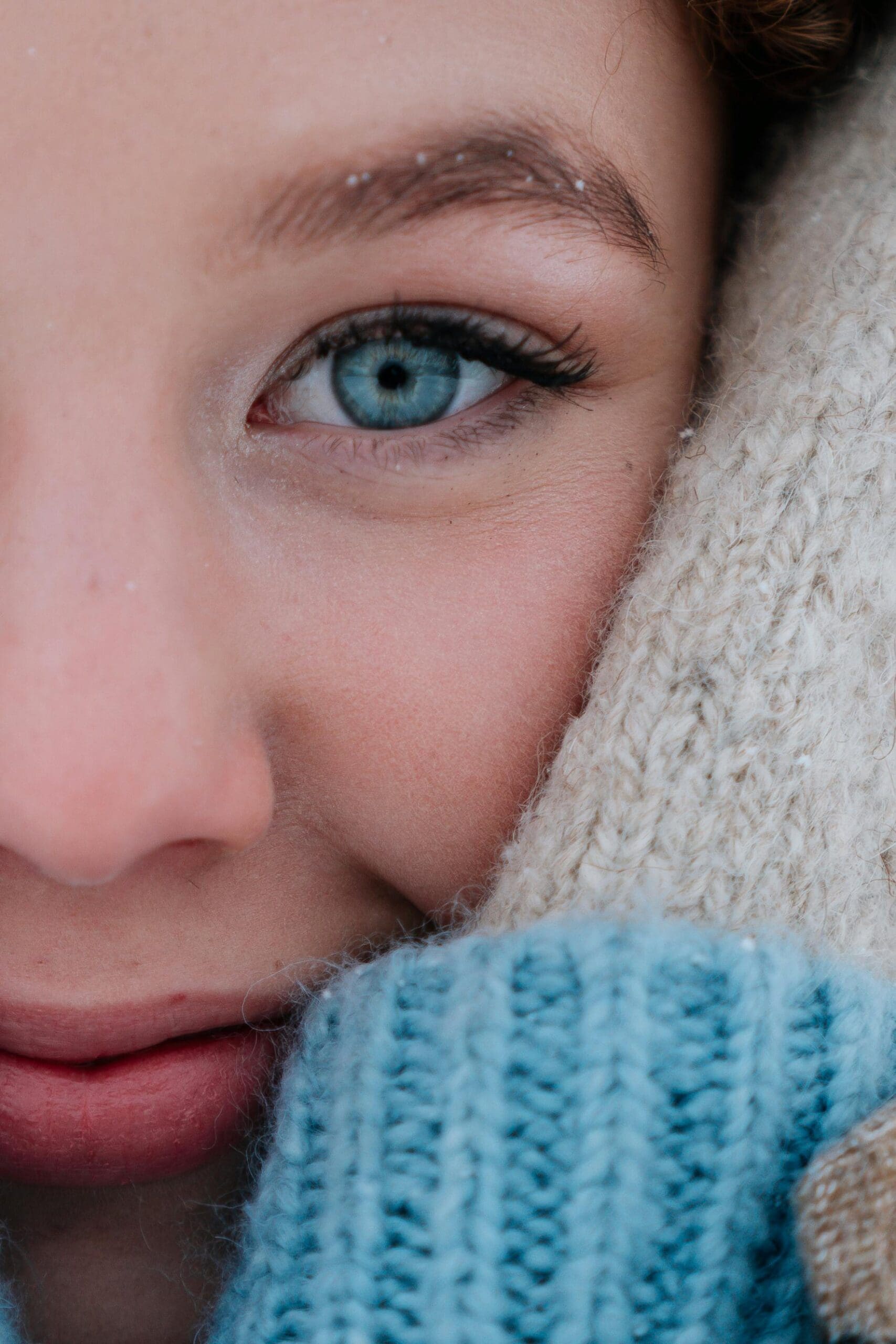Winter has arrived, and with it comes the familiar challenges of dry, cold air that can wreak havoc on our skin. From itching and cracking to delayed wound healing, Canadians often face unique skin struggles during the colder months.
Why does this matter? Our skin is the body’s largest organ and plays a vital role in overall health, making proper hydration and care essential for staying healthy and recovering quickly from winter’s harsh effects.
In this Q&A, Vancouver-based dermatologist Dr. Katie Beleznay shares her top tips for keeping your skin healthy all winter long, including how to prevent and treat dryness, care for wounds, and maintain hydration for a glowing, resilient complexion despite the chill. —Noa Nichol
- What are the most common skin issues Canadians face during the winter months, and why do they occur?
During the winter, many Canadians may experience dryness, irritation, and flaking due to cold temperatures and low humidity. The winter weather conditions can strip the skin of its natural oils, leading to increased sensitivity and potential flare-ups of conditions like eczema and psoriasis.
- Why is maintaining healthy skin particularly important in the winter, and how does it impact overall health?
Healthy skin, and specifically a healthy moisture barrier, helps to maintain skin hydration and serves as the first line of defense against environmental aggressors and potential pathogens that may affect overall health and wellbeing.
- What are your top tips for moisturizing effectively during the winter? Are there specific ingredients to look for or avoid in moisturizers?
The most important thing is to keep your skin well moisturized, which may mean applying multiple times per day and paying close attention to areas prone to dryness like the hands. In the winter I tend to prefer thicker, more occlusive moisturizers but it is always about finding what works for your skin. Some ingredients to look for include petrolatum, shea butter, ceramides, and squalane.
- How does cold, dry air affect the skin’s ability to heal wounds, and what can be done to combat this?
Proper wound care is always important to help with healing and reduce the risk of scarring. It is especially important in the winter as cold, dry air impairs the skin’s natural healing processes by reducing moisture levels and slowing cell turnover. Wounds should be kept moist and covered to avoid drying out and forming a scab. I recommend using basic petroleum jelly on minor cuts and scrapes and covering with a BAND-AID®.
- How can people properly treat cuts and scrapes during the winter to minimize the risk of scarring and ensure faster healing?
To treat cuts and scrapes, cleanse the wound gently, apply petroleum jelly, and keep it covered. The BAND-AID® PRO HEAL™ Bandage is a product I like to help with wound healing and to prevent the appearance of scars. Using a moisturizing cream or ointment on the wound can prevent drying and cracking. It is also important to keep it protected from the sun.
- Are there any lifestyle changes or habits you recommend for maintaining healthy skin during the colder months?
Some tips include using a humidifier indoors, avoiding long hot showers, and wearing clothing that protects skin from the elements. Additionally, incorporating a gentle skincare routine that doesn’t dry out the skin is beneficial.
- What role does over-cleansing play in winter skin irritation, and how can people find the right balance in their skincare routine?
Over-cleansing can strip the skin of its natural oils, exacerbating dryness and irritation. To find balance, I often suggest using gentle, hydrating cleansers and if prone to dryness you can consider skipping cleanser in the morning and just washing your face at night.
- Are there specific products or remedies you recommend for particularly dry or cracked areas like lips, hands, and feet?
For extremely dry or cracked areas, you can use thick, occlusive balms or consider applying petroleum jelly on top of your moisturizer (“slugging”). Urea is an underrated ingredient that can help to both smooth rough skin and hydrate. I also recommend applying hand creams after washing and using lip balms with SPF.
- What advice do you have for individuals with sensitive skin or chronic conditions like eczema when managing their skin in winter?
For sensitive skin or eczema, it is often best to stick to fragrance-free, hypoallergenic products. You may wish to incorporate thicker moisturizers and consider products with oat, which is beneficial to soothe dry skin and eczema. You should use lukewarm water for bathing and apply a moisturizer immediately after to lock in moisture. If possible, avoid fabrics that may irritate the skin.
- What is your personal winter skincare routine (specifically, what do you change vs. the warmer months)?
I keep my overall skincare routine fairly consistent throughout the year, including using retinol and sunscreen year-round. The primary change I will make is to swap out a lighter weight moisturizer for something a bit richer.

Be the first to comment